1. Kids Born Today Will See It

Fifty years may sound far away, but it’s closer than we think. Children alive today will live to see 2100, experiencing transformations that make the internet age feel quaint. Kids born now will only be in their seventies then, likely calling it middle age. Just as we grew up watching the rise of smartphones and space tourism, they’ll witness a world defined by artificial intelligence, climate-adapted cities, and perhaps families living on other planets. The future will arrive gradually, through everyday moments, until what once seemed impossible becomes perfectly normal. For them, the unimaginable will simply be life as usual.
2. Lifespans Could Regularly Pass 100 Years

The idea of living beyond 100 might feel exceptional today, but by 2075 it could be common. Advances in gene therapy, tissue regeneration, and personalized medicine may allow people to stay healthy and strong much longer. Diseases like cancer could become manageable conditions rather than death sentences. Scientists are already working on ways to reverse cell aging, and these breakthroughs could make old age look very different. Imagine grandparents running marathons or starting new careers at 90. It might not mean immortality, but it could mean living better, longer, and with more energy than any generation before.
3. Population Growth May Slow or Even Reverse
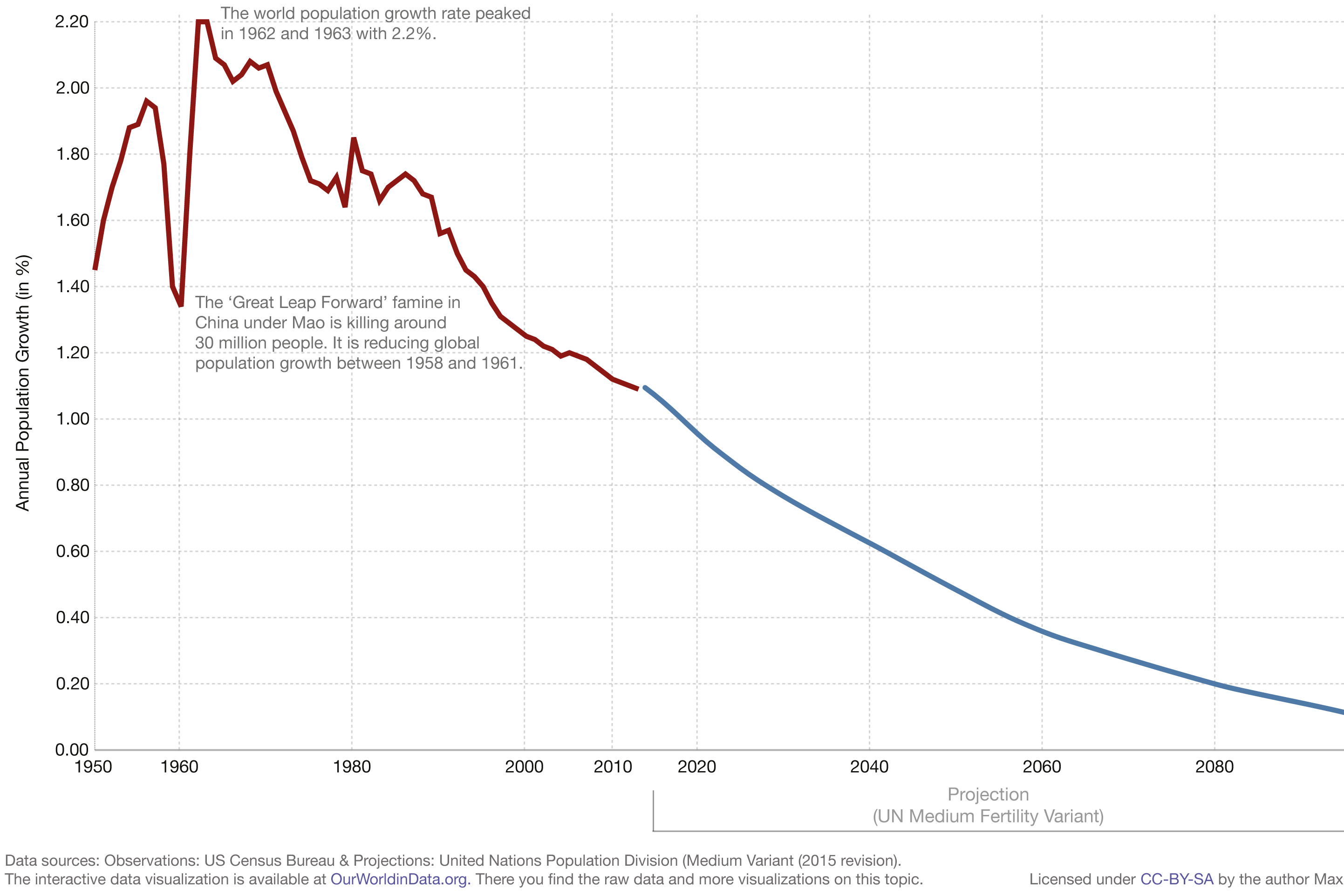
The next 50 years may not bring overpopulation but decline. Fertility rates are dropping in many countries, and some regions could see shrinking populations. While that may ease pressure on resources, it could create labor shortages and reshape economies. Some nations may depend on immigration or robotics to fill workforce gaps. Emptying towns might merge into megacities as people cluster where opportunities remain. A slower-growing population could also encourage societies to value quality of life over expansion. The world might finally shift its focus from growth to balance, learning how to thrive with fewer people and smarter systems.
4. Climate Will Reshape Every Continent

By 2075, climate change could redefine where and how we live. Rising seas may redraw coastlines, swallowing islands and flooding major cities. Some regions will become hotter and drier while others grow wetter and more fertile. Countries may relocate populations or redesign cities to withstand storms and droughts. Agriculture could shift northward, and food production may rely on technology instead of soil. People might live under domes or in floating communities designed to handle unpredictable weather. The climate crisis will not just be about survival but adaptation, proving that humanity’s greatest strength lies in resilience and reinvention.
5. Cities Could Be Reinvented for Survival
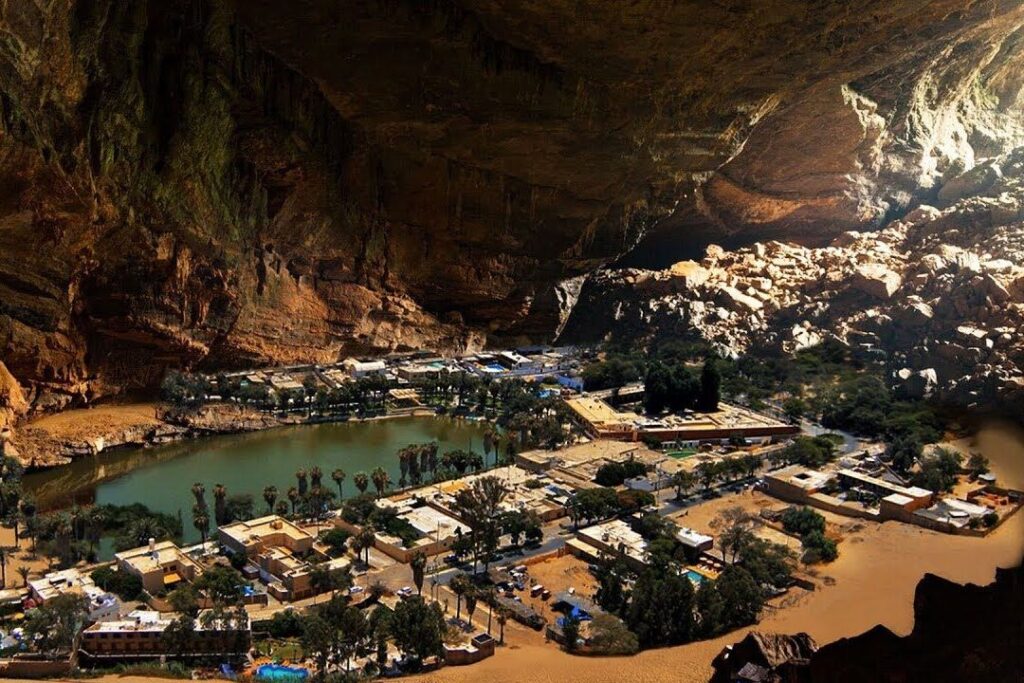
Future cities will likely look nothing like the ones we know. Some could be built on water or underground to avoid extreme weather. Others might rely on vertical farming, renewable energy, and smart materials that repair themselves. Technology will merge with architecture, creating homes that monitor air quality and streets that clean themselves. Public spaces could feature climate control systems and green walls to keep temperatures stable. These cities will not only protect people but also restore the planet. In 50 years, urban life may become the model of sustainability, where every building helps heal the environment.
6. Transportation Could Be Faster and Frictionless
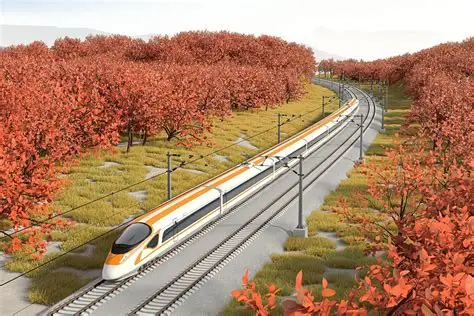
Travel could become so fast that distance feels irrelevant. Trains running through vacuum tubes may cross continents in minutes. Flying cars and sky taxis could replace long commutes, while spaceplanes might take travelers from New York to Tokyo in under an hour. Roads may be powered, self-healing, and almost accident-free. Even traffic lights could disappear as autonomous vehicles glide through smart intersections. The joy of travel may return as speed and efficiency turn every trip into an effortless experience. What once felt like science fiction could become as ordinary as catching a bus is today.
7. AI Will Be a Constant Companion
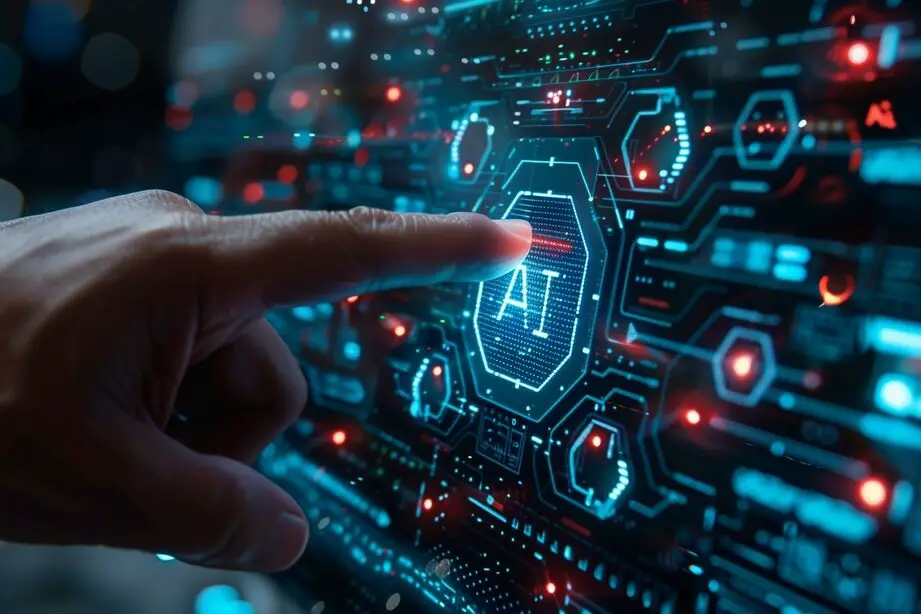
Artificial intelligence will likely blend into daily life as naturally as electricity. It might manage homes, finances, and even emotional well-being. Every person could have a personal AI assistant that anticipates needs, organizes routines, and helps make better choices. These assistants might live inside glasses, contact lenses, or implants, always learning and adapting. Rather than feeling robotic, AI could feel like a familiar presence guiding decisions with quiet precision. Over time, people might not remember how life worked without it, as technology becomes an invisible partner in nearly everything they do.
8. Work Could Be Human AI Partnerships

Jobs will not disappear but evolve. People may work alongside artificial intelligence to solve complex problems faster and more creatively. AI could handle repetitive or technical tasks, leaving humans to focus on empathy, imagination, and strategy. New careers could emerge in guiding, training, and supervising intelligent systems. Workdays might become shorter as efficiency rises, and creativity could finally be valued as much as productivity. Rather than competing with machines, humans will collaborate with them, shaping a world where technology amplifies talent instead of replacing it. The future of work might feel more human, not less.
9. Education Could Happen Mind to Machine
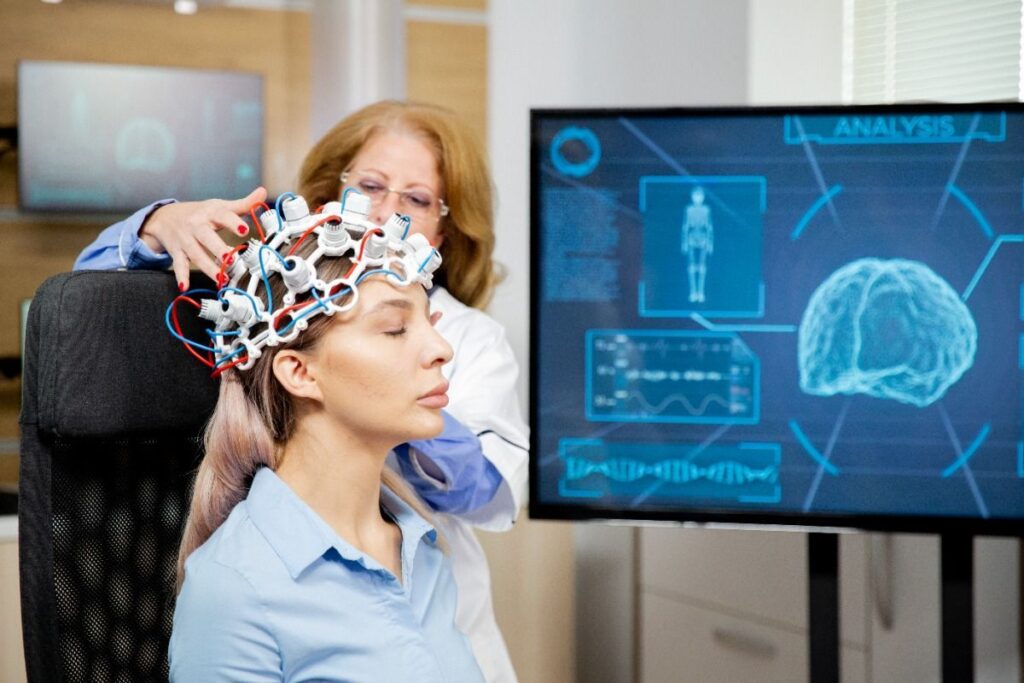
Learning could shift from classrooms to direct brain connections. Students might absorb languages, math, or history within minutes through neural interfaces. Schools would focus less on memorization and more on creativity, ethics, and teamwork. Personalized education could become the norm, adjusting to each student’s pace and curiosity. Virtual reality may replace textbooks, turning lessons into immersive experiences. Instead of cramming for exams, learning could feel like exploring worlds of information. The true goal of education might finally become unlocking human potential rather than standardizing it, creating generations that learn faster and dream bigger.
10. Space Colonies Could Be Thriving
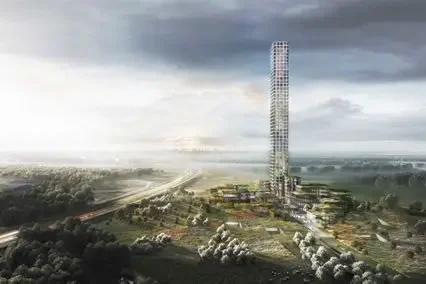
By 2075, humanity may not just visit space but live there. Permanent settlements on the Moon or Mars could house scientists, engineers, and even families. These colonies might mine resources, grow food in artificial domes, and maintain communication with Earth in real time. Space tourism could be routine, and young people might dream of careers beyond our planet. Life in low gravity could reshape health and culture, giving rise to entirely new traditions. What once belonged to science fiction could become a practical extension of human civilization beyond Earth.
11. Politics Could Stretch Beyond Earth
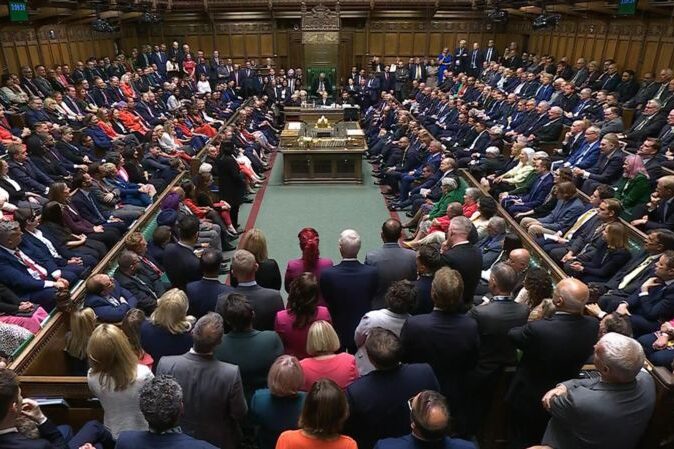
Once people begin living on the Moon or Mars, politics will follow. Questions about ownership, rights, and governance will grow urgent. Who will write the laws in space? Should colonies remain under Earth’s authority or govern themselves? Disputes could emerge over resource use or planetary protection. Cooperation may become essential, leading to a kind of interplanetary diplomacy. Humanity might need to define what it means to belong when citizens live millions of miles apart. Space could test not only technology but also our ability to create fair and peaceful systems.
12. Food Could Be Grown in Labs and Towers

Food production could move indoors and upward. Vertical farms in skyscrapers may replace traditional fields, and lab-grown meat could become the new normal. Scientists are developing ways to produce protein without livestock, reducing emissions and saving land. Meals could be customized for health and taste, created by AI nutritionists who balance nutrients perfectly. Traditional cooking might remain as a cultural art, while mass food production becomes automated and sustainable. The future of food may look high-tech but could bring humanity closer to harmony with nature by ending hunger and waste.
13. Energy Could Be Nearly Unlimited
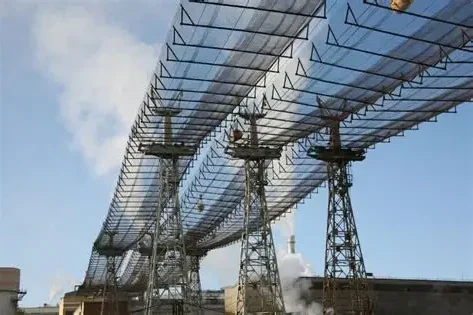
Clean, abundant power could transform life on Earth. Fusion energy, the process that powers the sun, may finally become practical, offering endless electricity with no pollution. Solar satellites orbiting the planet could beam energy to cities day and night. Homes might store power in lightweight batteries that last for decades. With unlimited energy, water could be desalinated cheaply, industries could run sustainably, and entire regions could thrive without fossil fuels. The shift could spark a new global era of prosperity, where energy is no longer a source of conflict but collaboration.
14. Borders Could Change or Vanish

Fifty years from now, the world map may look entirely different. Climate migration, economic cooperation, and shared technology could blur national lines. Some nations might merge into larger alliances, while others fade due to depopulation or environmental loss. Citizenship could become more global, based on skills or values rather than geography. People may move freely between regions connected by universal digital systems. The meaning of belonging could shift from nationality to humanity itself, creating a world less divided by borders and more united by purpose.
15. Wars Could Be Fought by Machines
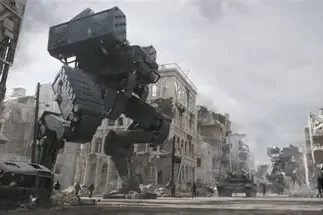
Future conflicts may unfold quietly in cyberspace rather than on battlefields. Drones, AI, and autonomous defense systems could replace human soldiers. Nations might engage in digital battles targeting infrastructure and communication instead of armies. Physical wars could become rare but more unpredictable, as machines act faster than human response. Peacekeeping could depend on algorithms designed to prevent escalation. While the weapons may evolve, the goal will remain the same: finding ways to protect people and preserve peace in an increasingly automated world.
16. Animals Could Evolve Rapidly

As climates change, so will the creatures that share the planet. Species may adapt to heat, pollution, or new habitats in ways we cannot yet imagine. Birds might stop migrating, whales could alter feeding grounds, and insects may become dominant survivors. Some animals will thrive in cities, learning to coexist with humans more closely. Others may vanish completely, reshaping ecosystems forever. Evolution will accelerate, not over centuries but decades, showing that life never stops adapting, even when humans set the pace of change.
17. Humans Could Direct Animal Evolution
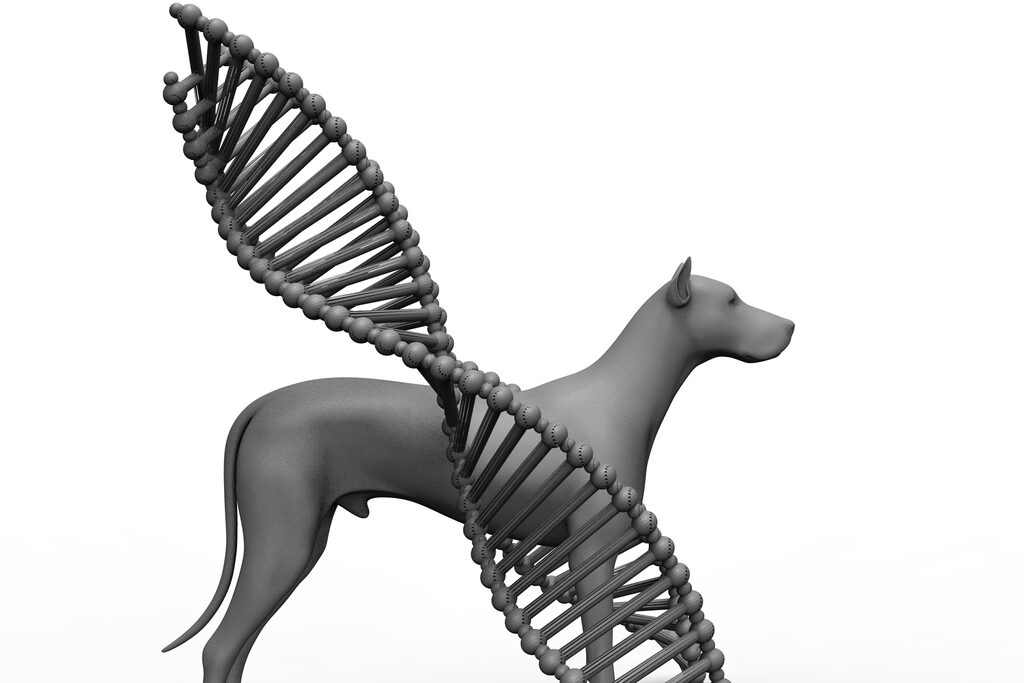
Genetic engineering could allow people to reshape nature with intention. Scientists might modify coral to survive warmer seas, restore extinct species, or design new ones for conservation. Pets could live longer or communicate through simple vocal technologies. Zoos might become centers for research rather than entertainment, housing recreated wildlife for study. The line between nature and design could blur, raising deep questions about ethics and stewardship. Humanity’s role could shift from observer to active participant in evolution itself.
18. Daily Life Could Feel More Virtual

By mid-century, reality might come with settings. People could spend most of their time in shared virtual spaces for work, school, entertainment, or relationships. Friends might meet in digital cafés across continents, and workplaces could exist entirely online. Haptic feedback could make these worlds feel tangible, blurring the boundary between physical and digital existence. While some might embrace the freedom, others could crave authenticity. The challenge will be finding balance between immersion and reality, ensuring that technology enhances connection rather than replacing it.
19. Culture Could Fracture into Bubbles

In the future, everyone might live in personalized worlds crafted by algorithms. Each person’s media, entertainment, and even news could be tailored so specifically that shared culture fades. Two neighbors could have entirely different understandings of reality. Conversations might feel harder, but creativity could thrive within smaller communities. The human desire to belong will persist, and perhaps those differences will spark new movements toward empathy, curiosity, and understanding in a world of infinite choice.
20. Humans Could Begin Editing Themselves
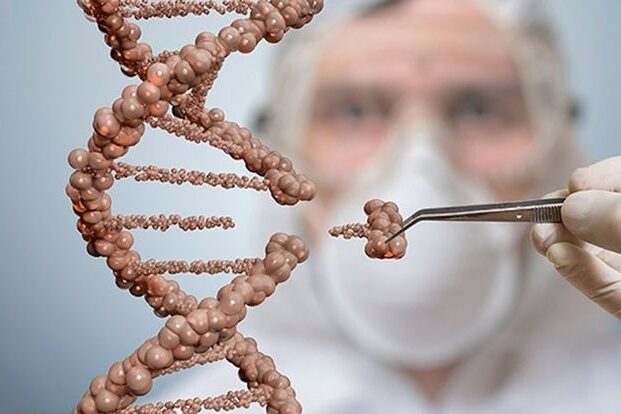
Genetic editing may become as common as cosmetic surgery. Parents could choose traits for their children, enhancing intelligence, appearance, or health. Some might opt out, preferring natural variation, while others embrace design. Humanity could divide between the genetically modified and the unaltered. Debates about identity, equality, and ethics will grow sharper. Still, these technologies could eliminate inherited diseases and extend life. The power to rewrite biology could redefine what it means to be human in ways that challenge our deepest values.
21. Lifespans Could Create New Generations

If people live beyond 120, family life will change profoundly. Grandparents could meet their great-great-grandchildren and still feel young. Careers might span sixty years, with multiple retirements and reinventions. The traditional idea of aging could fade, replaced by continuous growth and rediscovery. Society will need to rethink education, healthcare, and relationships to fit longer, healthier lives. Instead of fearing time, people might finally learn to live in rhythm with it, embracing every decade as another chance to begin again.
22. Religion and Belief Will Transform
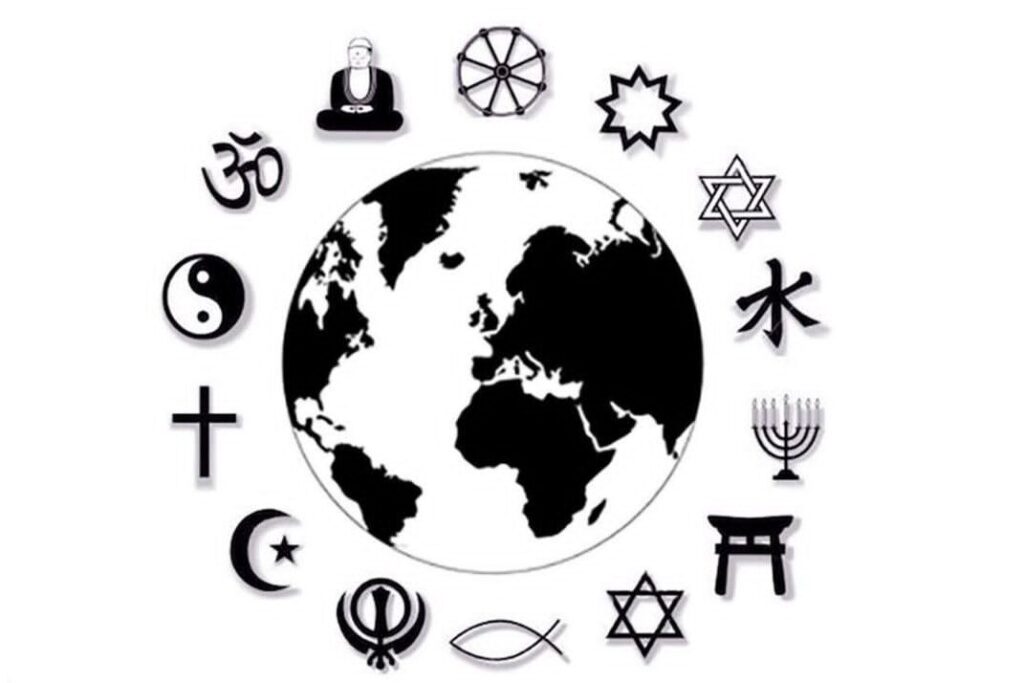
Faith will continue evolving as technology advances. Some may see artificial intelligence as divine, while others turn back to ancient traditions for meaning. Virtual places of worship could allow people worldwide to connect spiritually without borders. New philosophies might arise around space exploration and humanity’s expanding reach. Yet no matter how much science progresses, belief will remain deeply human. In a world of constant innovation, people will still search for connection, purpose, and something greater than themselves.
23. Regrowing Body Parts Could Extend Life
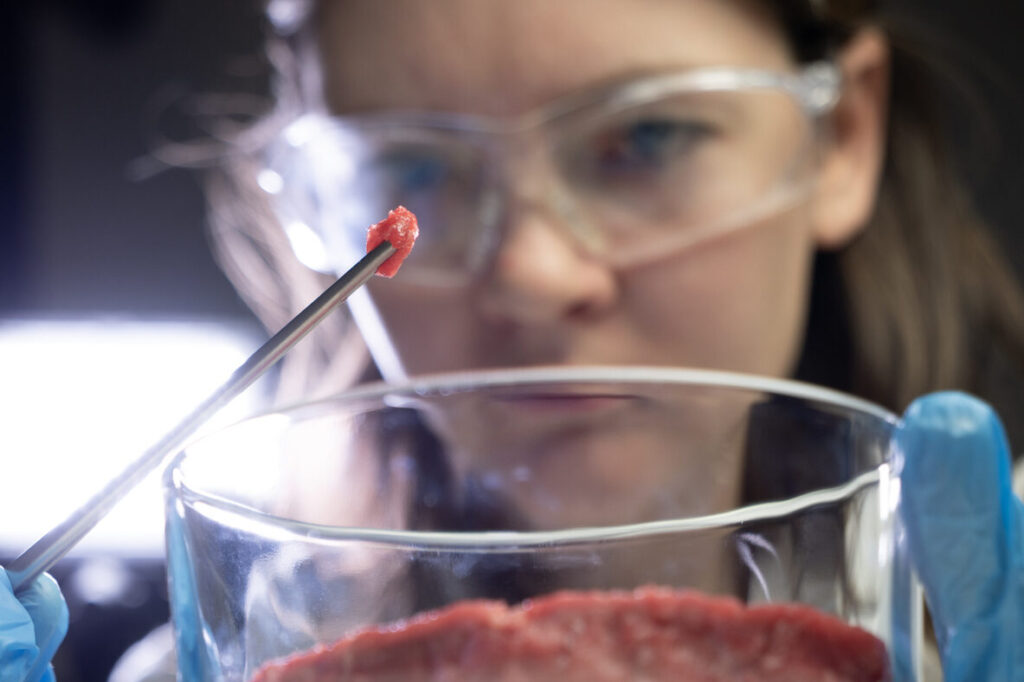
Medicine could move from repairing to rebuilding. Scientists are already growing skin, organs, and even bones in labs. In fifty years, replacing a damaged heart or kidney could be routine. People might view body maintenance like car care, scheduling checkups to replace worn-out parts. This could erase the fear of many diseases and extend vitality far beyond today’s limits. While immortality may stay out of reach, the ability to renew the body could make aging gentler, giving humans more time to live fully and meaningfully.
24. Governments Might Be Run by Algorithms
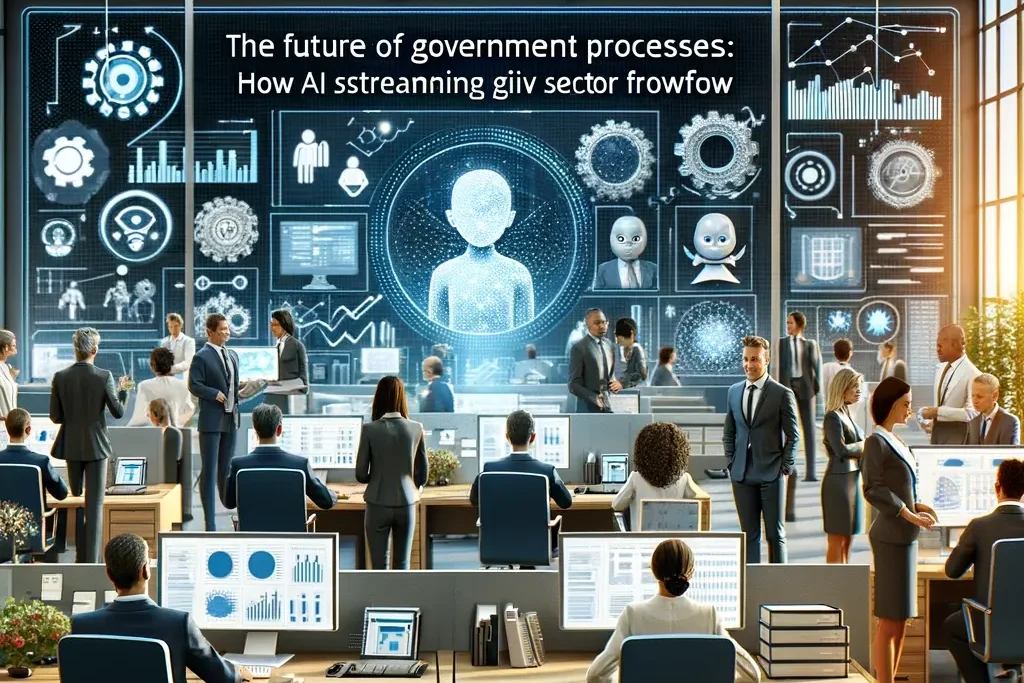
Some nations may trust data-driven intelligence to manage budgets, resources, and even justice. Algorithms could analyze problems objectively, reducing corruption and bias. Citizens might interact with virtual representatives instead of politicians. While efficiency would increase, questions about accountability and emotion would remain. Could machines truly understand fairness, empathy, or compassion? As technology takes a larger role in decision-making, humanity will need to redefine leadership, ensuring that progress never replaces the human heart that guides it.
25. Interplanetary Families Could Be Normal
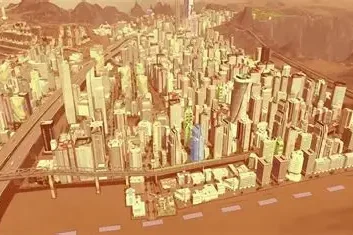
By the end of the century, it might be ordinary to have family members living on Mars or the Moon. Visiting relatives could mean taking a spaceflight instead of a road trip, while communication across planets becomes instant. Homes may exist in multiple worlds, connected by shared memories and digital presence. These families will embody what it means to adapt, proving that love and belonging can stretch farther than ever before. The next era of humanity may begin not with conquest but connection, reminding us that our future, wherever it leads, is still deeply human.
Fifty years is not far away. Children alive today will be working adults and grandparents when it arrives, living in a world defined by longer lives, clean energy, fast travel, and colonies beyond Earth. If the last century proved anything, it’s that change moves faster than we expect and the next five decades could transform humanity more than the last five centuries.


